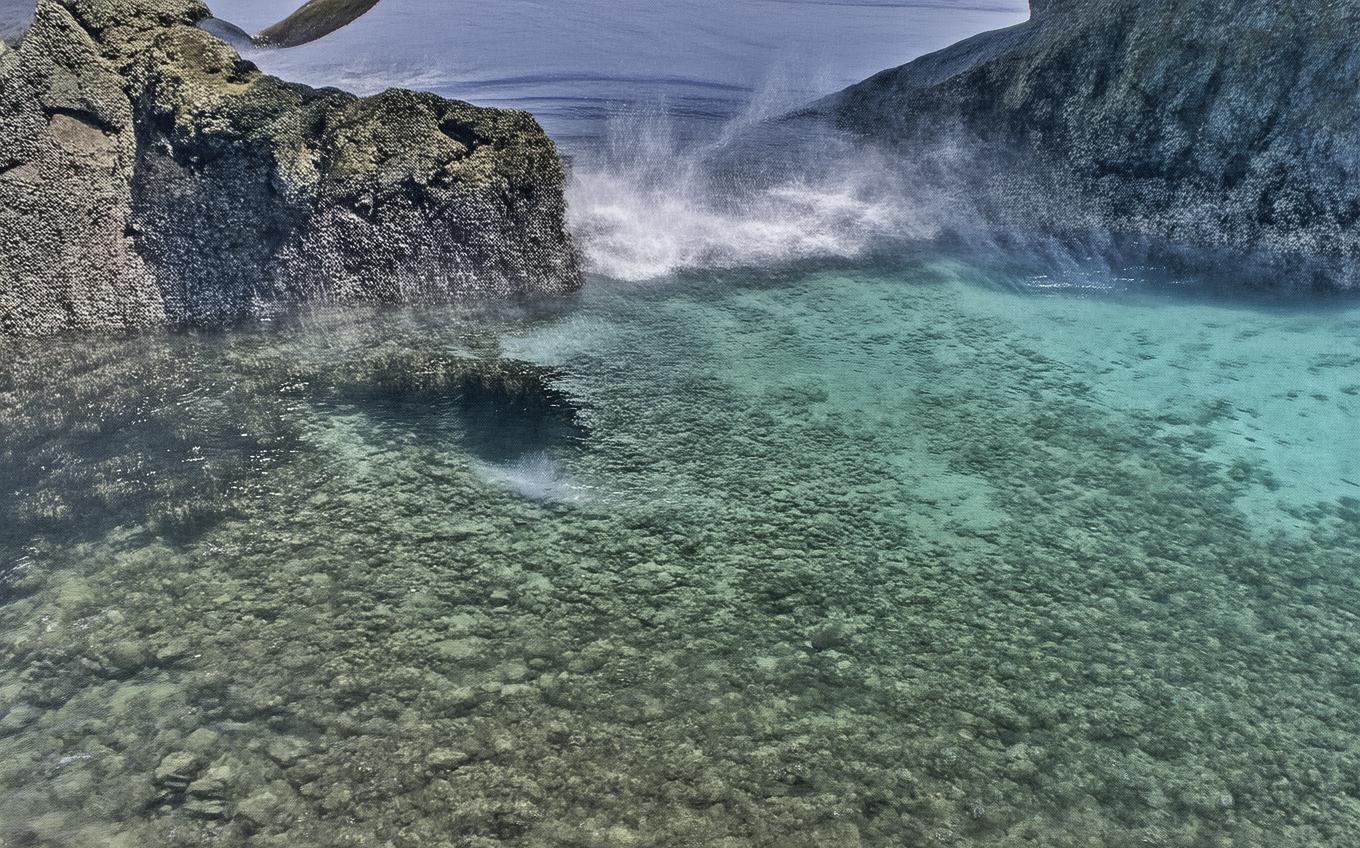# Analysis of "天香引·西湖感旧" - Classical Chinese Poetry
## Introduction
"天香引·西湖感旧" (*Tiān Xiāng Yǐn · Xī Hú Gǎn Jiù*, "Tune of Heavenly Fragrance: Reminiscing West Lake") is a poignant *sanqu* (散曲) poem by Tang Shi (汤式), a lesser-known but talented Yuan Dynasty poet. Composed during the 14th century, this work reflects on the fleeting nature of beauty and prosperity through the lens of Hangzhou’s West Lake—a UNESCO World Heritage Site and eternal muse for Chinese literati. The poem exemplifies the melancholic elegance of Yuan *sanqu*, blending vivid imagery with philosophical depth.
## The Poem: Full Text and Translation
> 问西湖昔日如何?
> *Wèn Xī Hú xīrì rúhé?*
> Ask West Lake of its bygone days—how were they?
> 朝也笙歌,暮也笙歌。
> *Zhāo yě shēnggē, mù yě shēnggē.*
> Mornings echoed with flutes and songs, evenings too with revelry.
> 问西湖今日如何?
> *Wèn Xī Hú jīnrì rúhé?*
> Ask West Lake of its present state—how is it now?
> 朝也干戈,暮也干戈。
> *Zhāo yě gāngē, mù yě gāngē.*
> Mornings ring with spears and swords, evenings too with war’s clamor.
> 昔日也二十里沽酒楼香风绮罗,
> *Xīrì yě èrshí lǐ gū jiǔ lóu xiāng fēng qǐluó,*
> Once, twenty *li* of lakeside taverns breathed perfumed winds and silken robes,
> 今日个两三个打鱼船落日沧波。
> *Jīnrì gè liǎng sān gè dǎ yú chuán luòrì cāng bō.*
> Today, just two or three fishing boats float on twilight’s desolate waves.
## Line-by-Line Analysis
1. **Nostalgic Inquiry**: The poem opens with rhetorical questions contrasting West Lake’s past splendor ("笙歌" *shēnggē*, music and feasting) with its present ruin ("干戈" *gāngē*, weapons of war). The parallel structure emphasizes drastic change.
2. **Sensory Contrast**: "香风绮罗" (*xiāng fēng qǐluó*, perfumed winds and silk) evokes the lake’s former opulence, while "落日沧波" (*luòrì cāng bō*, setting sun on bleak waves) paints a desolate scene. The shift from plural ("二十里" *20 li*) to singular ("两三个" *two or three*) underscores abandonment.
3. **Temporal Juxtaposition**: Tang Shi uses time ("朝...暮" *morning...evening*) to show how war permeates daily life, replacing cultural vibrancy with relentless conflict.
## Themes and Symbolism
- **Transience**: West Lake symbolizes the impermanence of human achievements. Its degradation mirrors the fall of the Southern Song Dynasty (1127–1279), which once thrived in Hangzhou.
- **War’s Devastation**: The "spears and swords" reflect the turmoil of the Yuan-Ming transition, a recurring theme in *sanqu* poetry.
- **Nature’s Resilience**: The enduring fishing boats hint at quiet perseverance amid chaos, a Taoist-inspired acceptance of cyclical change.
## Cultural Context
Composed during the late Yuan Dynasty (1271–1368), a period of political instability, the poem critiques war’s cultural destruction while honoring West Lake’s legacy as a poetic symbol. The *sanqu* form—popular in Yuan opera—allowed Tang Shi to blend colloquial language with classical allusions, making his lament accessible yet profound.
## Conclusion
"天香引·西湖感旧" is a masterclass in economical storytelling, using West Lake’s fate to explore universal themes of loss and resilience. Its vivid contrasts invite readers to reflect on how conflict reshapes landscapes and lives—a message echoing across centuries. Today, as West Lake thrives again as a cultural jewel, Tang Shi’s poem reminds us to cherish beauty amid fragility.




Comments (0)
No comments yet. Be the first to comment!